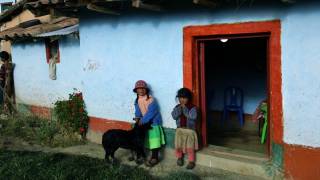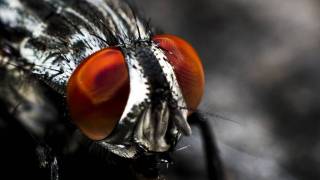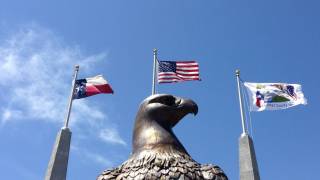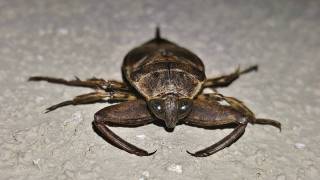Will Texas Develop the 1st Chagas Vaccine?
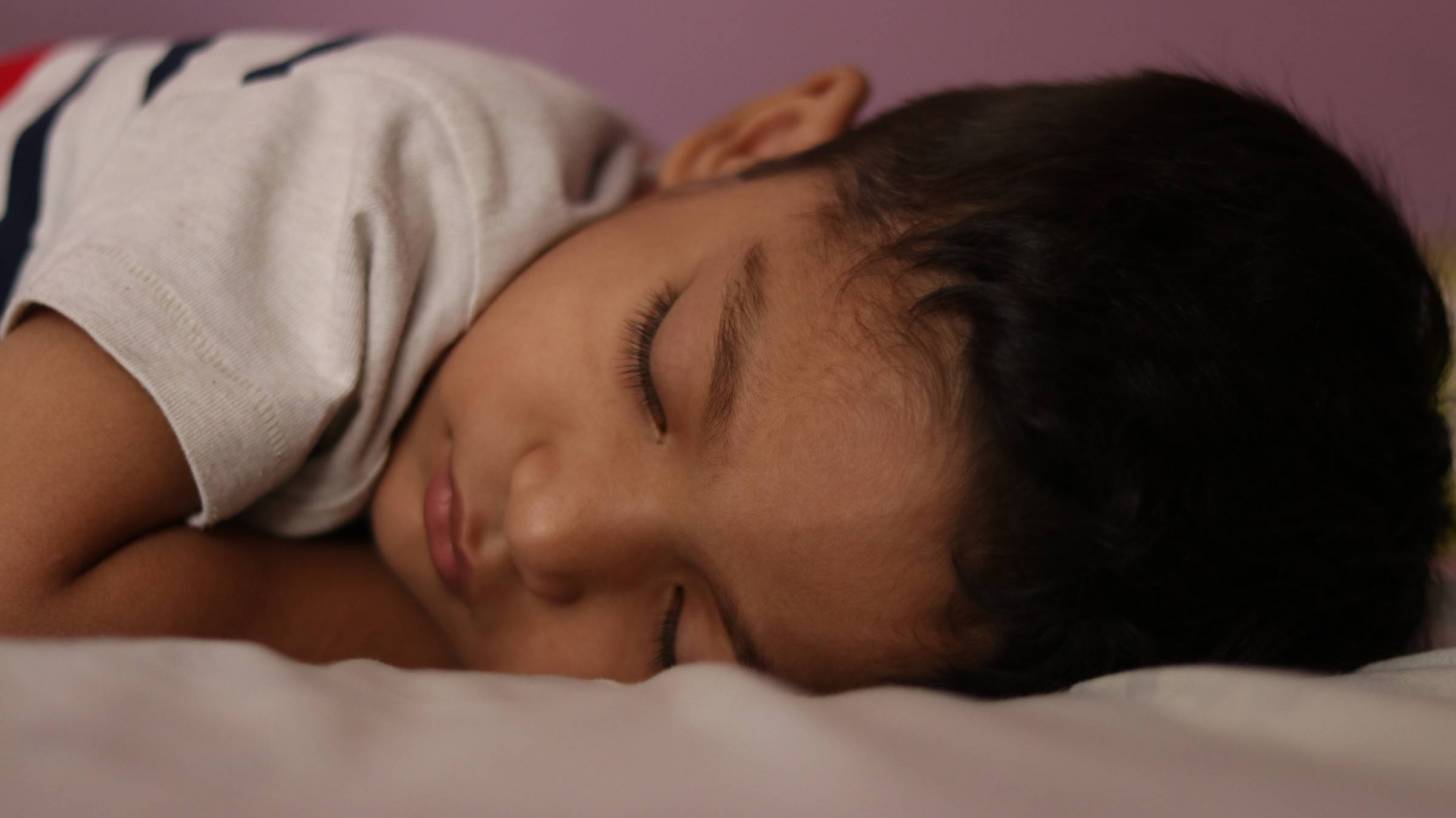
The Pan American Health Organization (PAHO) issued a new guide for the diagnosis and treatment of Chagas disease for 2019.
These PAHO Chagas diagnostic and treatment recommendations for adult and pediatric patients, include infections with Trypanosoma cruzi, a protozoan agent of a systemic parasitosis.
This PAHO guide concerns individuals with:
- suspected Chagas disease
- exposure to Chagas disease
- diagnosis of chronic Chagas disease and
- diagnosis of acute Chagas disease.
This is important information since Chagas is an expanding health risk in the Americas, such as:
- Chagas disease is endemic in 21 countries in the Americas, and affects approximately 6 million people,
- In the Americas, Chagas disease show an annual incidence of 30,000 new cases average, 14,000 deaths per year, and 8,000 newborns become infected during gestation, and,
- It is estimated that around 70 million people in the Americas live in areas of exposure and are at risk of contracting this disease.
Chagas is transmitted by Triatominae insects, the so-called "kissing bugs" that become active at night, biting people while they are asleep, says the PAHO.
These parasites enter the body when someone who has been bitten, instinctively scratches the bite and thus introduces feces left by the insect into the wound created by the bite, or subsequently touches another open cut/wound, an eye, or their mouth.
According to the PAHO, Chagas disease can be treated with Benznidazole and also Nifurtimox. Both medicines are almost 100% effective in curing the disease if given soon after infection at the onset of the acute phase.
To prevent Chagas from further spreading, a preventive vaccine is needed.
During 2017, the Sabin Vaccine Institute Product Development Partnership announced 2 candidate antigens, Tc24 and TSA-1, to develop a low-cost, safe and effective vaccine for Chagas disease.
As of May 2017, Baylor College of Medicine and the Texas Children’s Hospital’s Center for Vaccine Development continue this research.
And, during June 2017, a pair of scientists at The University of Texas at El Paso (UTEP) said they were one step closer to developing the first ever clinical Chagas disease vaccine.
The UTEP researchers Rosa Maldonado, Ph.D., and Igor Almeida, Ph.D., said in a press release, "You dream to get something to help the people and you expect to make at least a small contribution."
The UTEP Chagas preventive vaccine had been in development since 2008 and most recently was tested at the Texas Biomedical Research Institute (TBRI) in San Antonio on nonhuman primates in collaboration with John VandeBerg, Ph.D. Results are promising and may lead to clinical trials in the coming years.
A second UTEP vaccine candidate is based on synthetic parasite sugars, in collaboration with Katja Michael, Ph.D., associate professor in the Department of Chemistry at UTEP, also was tested in nonhuman primates at TBRI and yielded very promising results.
Dr. Almeida started work on that vaccine 27 years ago and is currently awaiting patent approval. The vaccine studies were funded by the Kleberg Foundation and the National Institutes of Health.
Both UTEP researchers confirm ‘kissing bugs’ are in the Paso del Norte region, which includes El Paso, have been caught and tested, and many turned out positive with Trypanosoma cruzi.
The number of people infected, though, is underreported because symptoms may take decades to turn up and doctors don't regularly test for this tropical disease.
"It is not like a viral infection; you don't see it, you feel like you have the flu," Dr. Almeida said.
"After several years is when you start having problems.”
“Seventy to 80 percent of those infected don't feel anything until they start having cardiac problems or gastrointestinal issues or both. That can take over 10-20 years," said Dr. Almeida.
Our Trust Standards: Medical Advisory Committee



